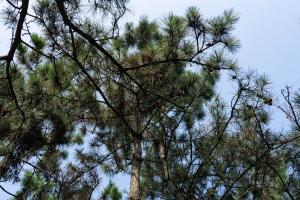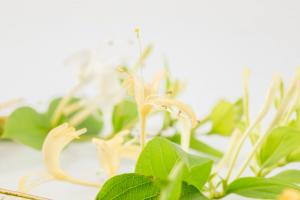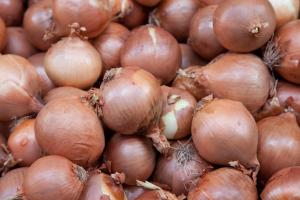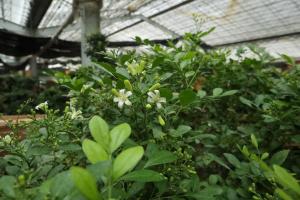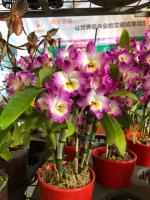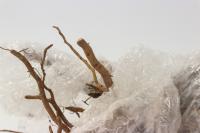1、 Curing method
1. Temperature: Dendrobium is suitable for growing in warm places. The specific range is between 15 and 28 degrees. In a too hot environment, it has an adverse impact on its growth. Therefore, it needs to be adjusted in summer. In addition, the temperature should not be too low in winter. It is more appropriate to put potted plants indoors
2. Light: Dendrobium Hua likes a semi Yin and semi Yang environment. In other words, it should neither be too dark nor be exposed to the sun. Therefore, it can be adjusted according to the season and the intensity of light. It can accept mild light, and it needs to be shielded in strong light
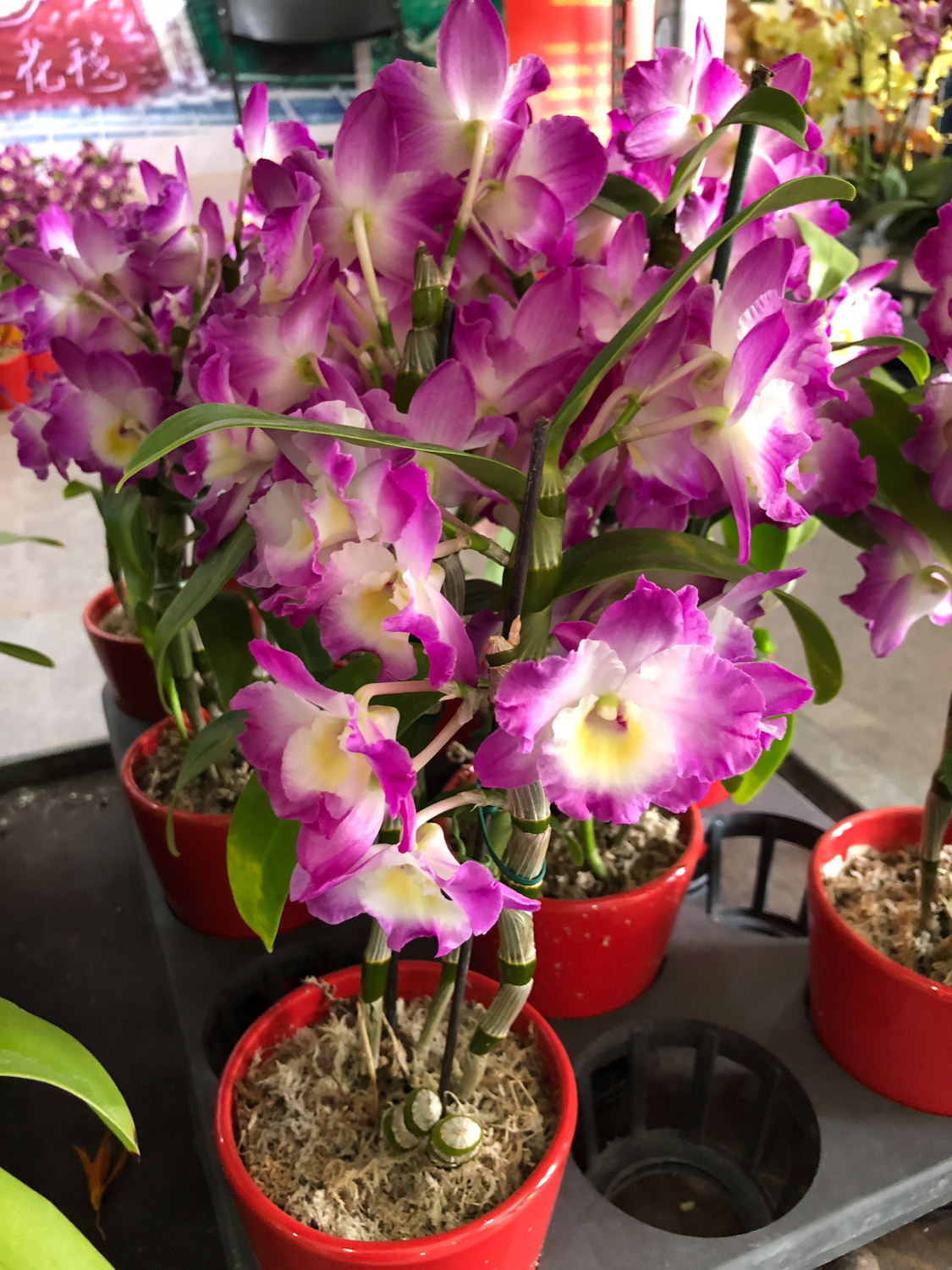
3. Watering: Dendrobium is wet. Its distribution area is mainly where the annual rainfall is above 1000 mm. If you breed by yourself, you need to replenish water in time. In addition, the humidity of the air is preferably above 60%. Therefore, pay attention to humidification when drying
4. Fertilization: Dendrobium Plants are aerial rooted, so it is best to supplement fertilizer by foliar fertilizer. Generally speaking, it is used in the growth period, once a week to ten days
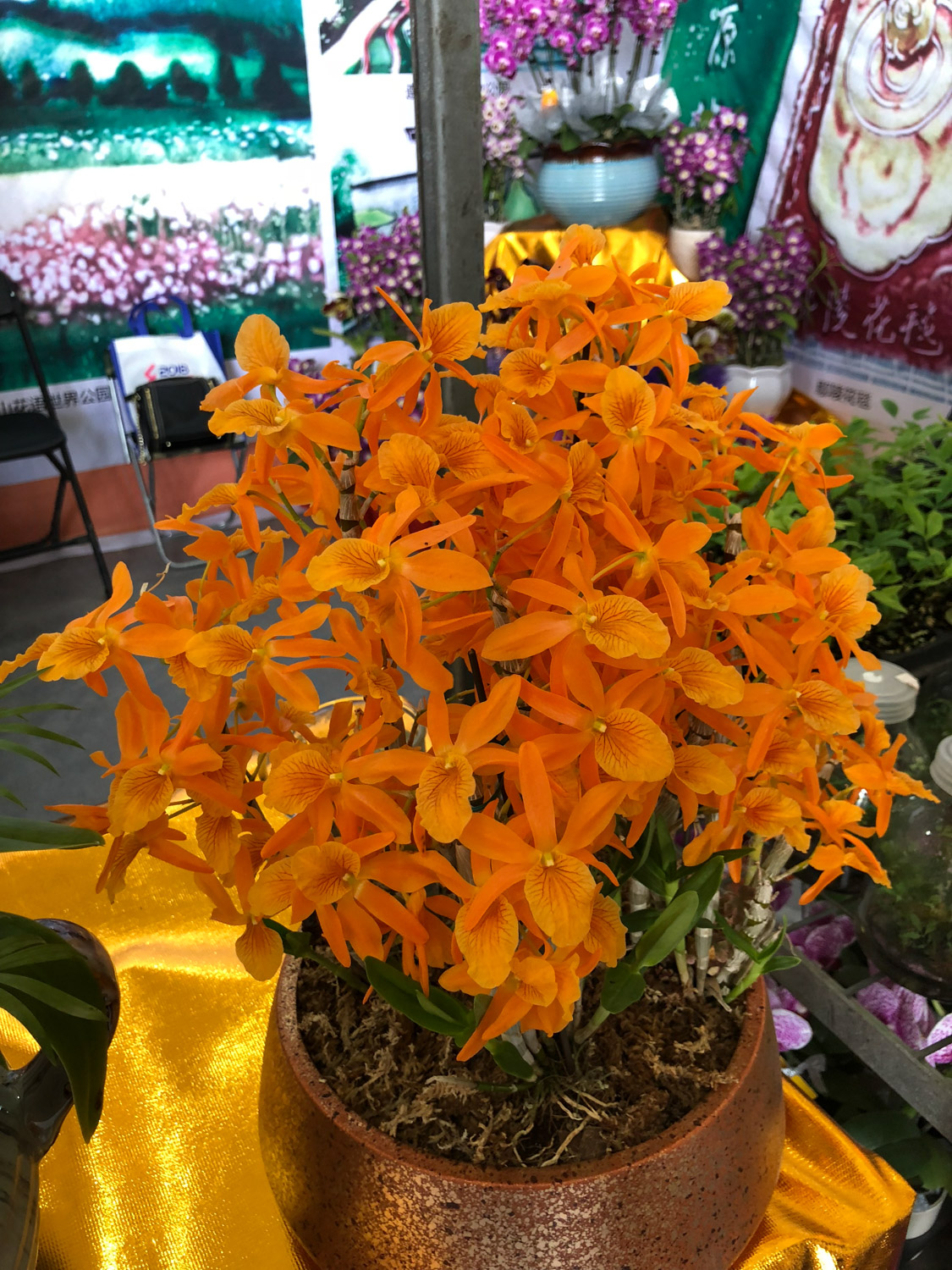
2、 Breeding skills
1. Propagation: it can be propagated by cutting. It can be carried out together with basin changing. The selected materials are mainly slender stems with many nodes on them. Then, choose the matrix with good air permeability. The wound can be treated with plant ash before insertion. After insertion, put it in a damp and cool place. Don't water for a week
2. Pruning: for Dendrobium candidum, its canopy closure should be maintained at about 60%. Therefore, in case of dense branches, pruning shall be carried out in time. In addition, sick and dry branches must be cut off in time
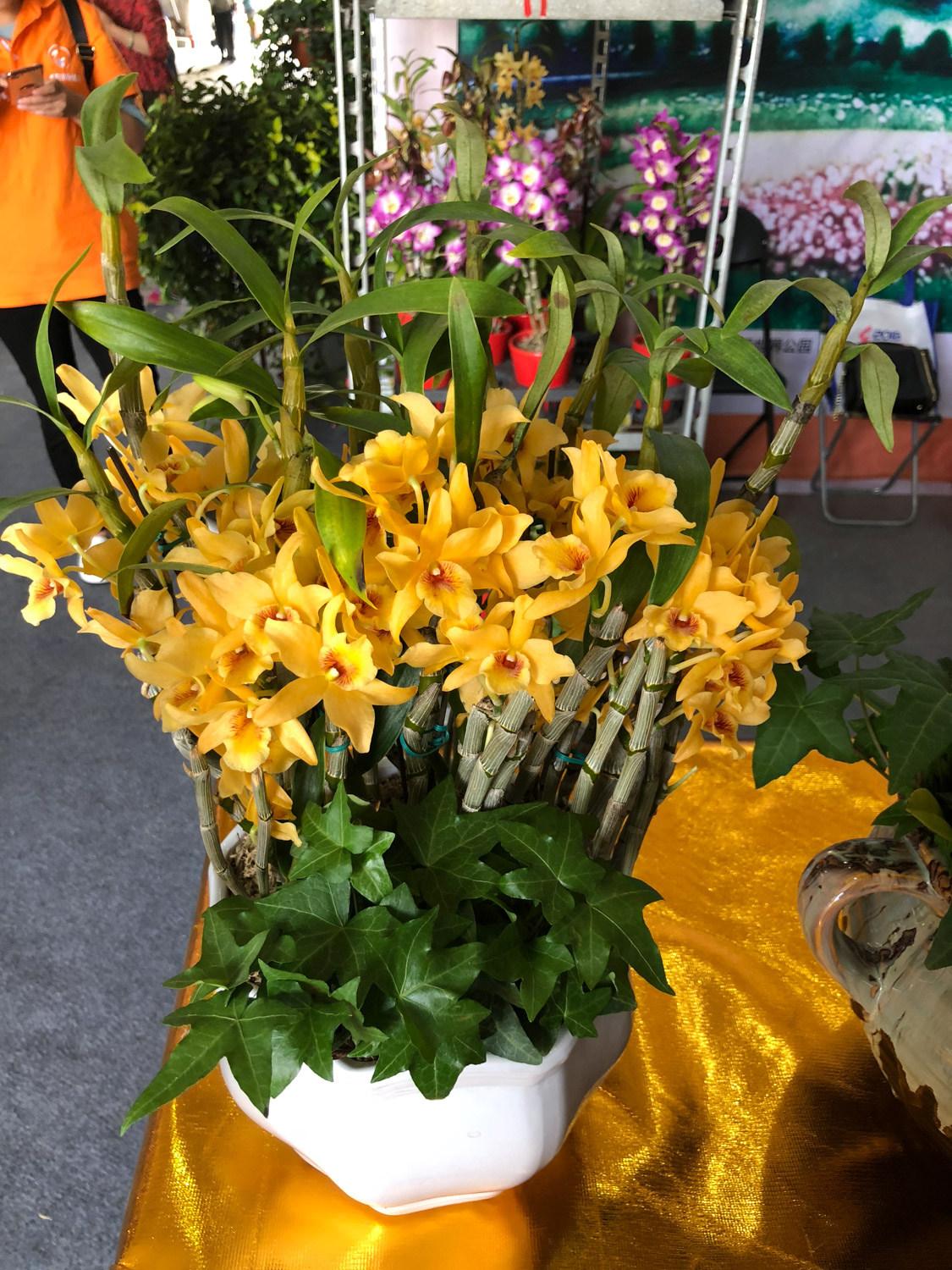
3、 Diagnosis and treatment problems
1. Disease: "black spot" is more common, which will lead to many black spots on the leaves, which can be treated in Bordeaux. Then there is the "coal pollution disease", which will lead to a layer of black material on the leaves. Carbendazim can be sprayed in time for treatment
2. Insect pests: there are "non shield scale" and "snail", which can be caught manually if the quantity is small
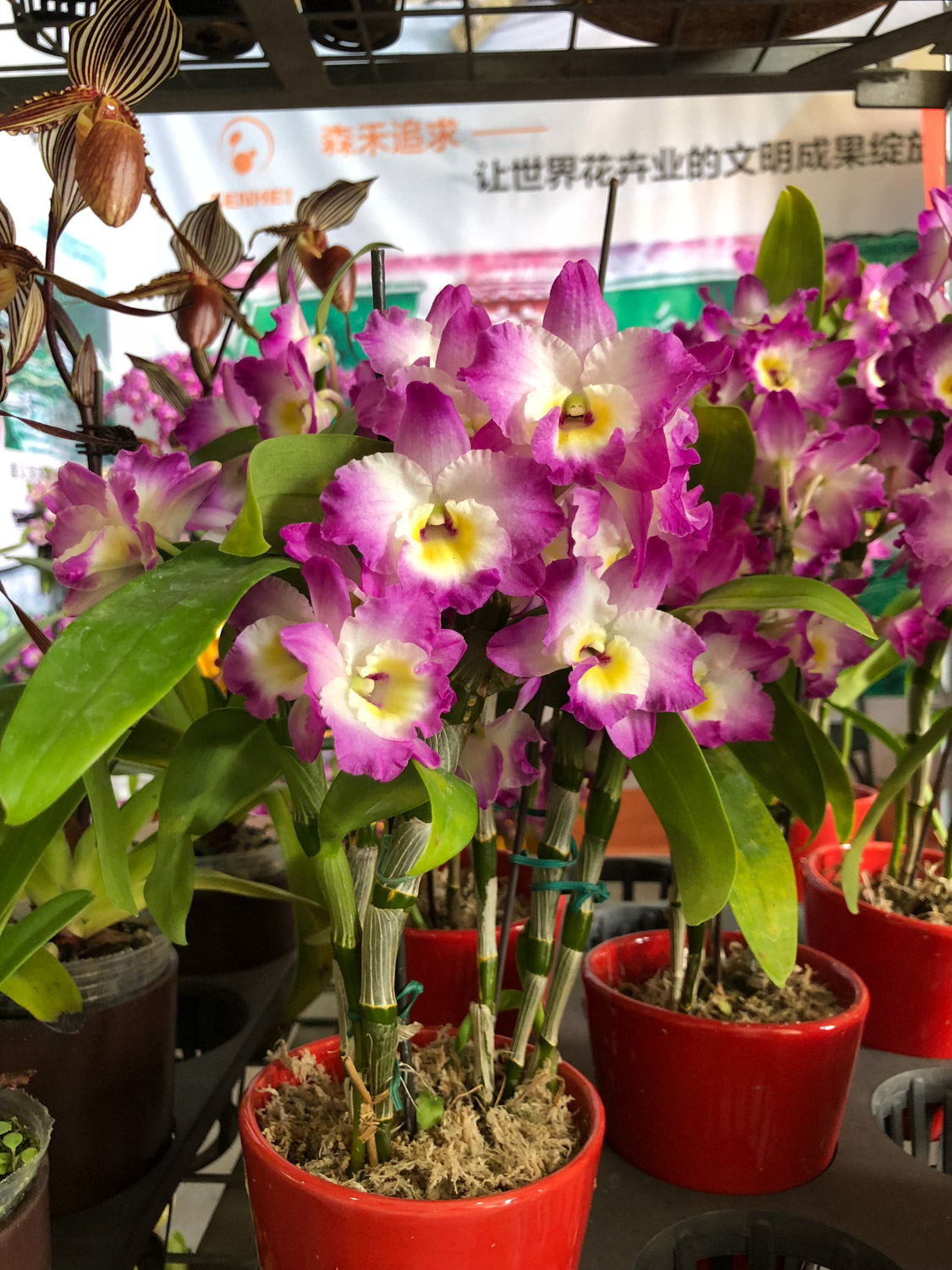
4、 Other issues
1. Toxicity: don't worry, Dendrobium is non-toxic
2. Whether it can be raised at home: Dendrobium candidum has high gardening value, and it is also suitable to put it at home as a potted plant


 jackfruit
jackfruit snake plant
snake plant hibiscus
hibiscus hydrangea
hydrangea lavender
lavender Green roses climb al...
Green roses climb al... If you don't pay att...
If you don't pay att... Management of four g...
Management of four g...